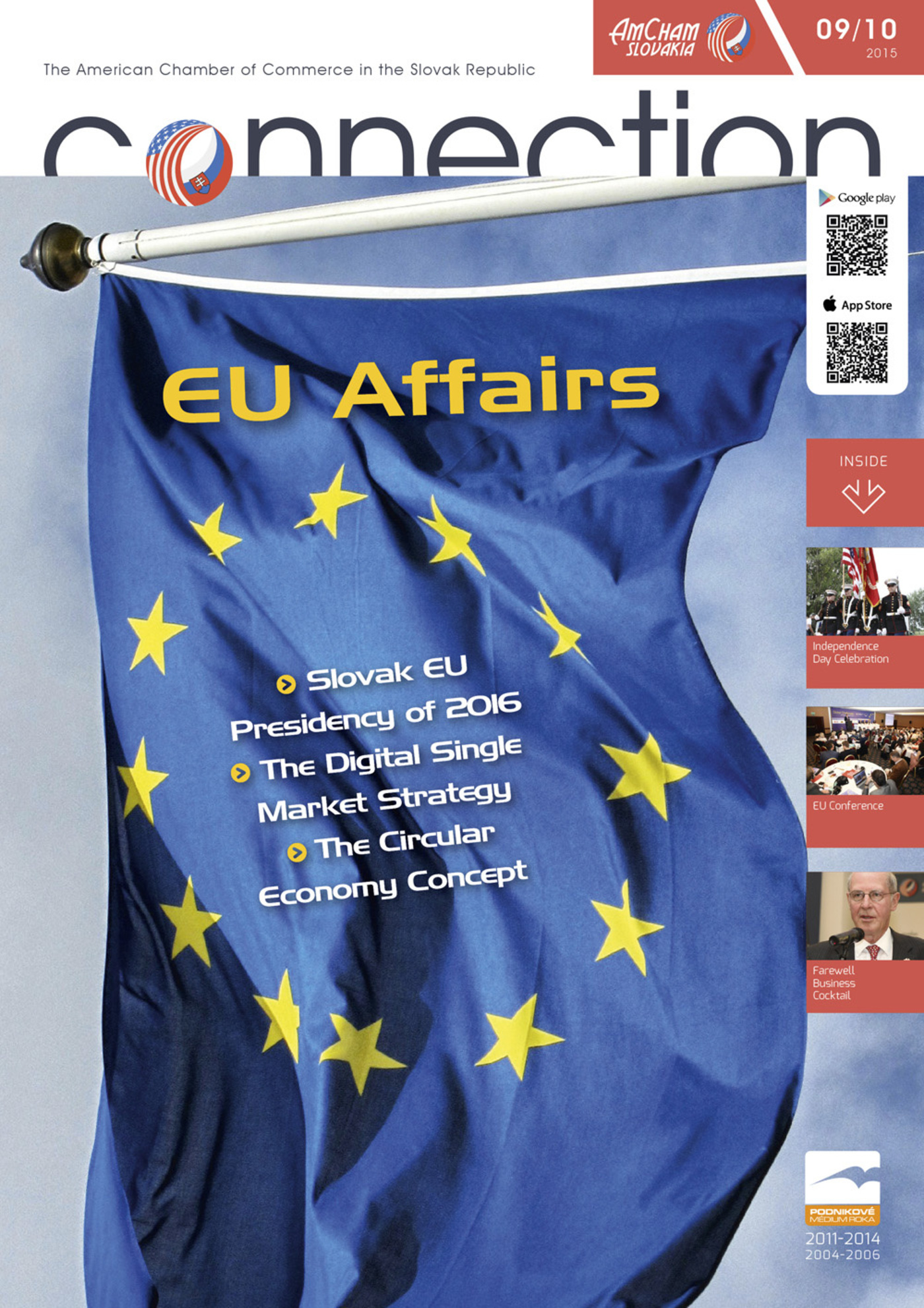Historically, the primary energy consumption of the EU reached its peak in 2006. At that time, 53.6 % of the consumed energy was imported from third countries. The combination of EU’s high dependency on energy imports from third countries and billions of euros spent on energy has called for improvements in energy utilization.
In 2007, the EU agreed that by 2020 its energy consumption shall be reduced by 20% compared to projections. Although significant energy savings have been achieved so far, Member States (MS) still have a long path to go. And this is where the energy audits come into play.
The role of energy audits
Generally, energy audits are considered to be the best way to find out about one´s energy consumption. EU leaders recognized the potential hidden in energy audits in early 90´s. Even the first directive related to energy efficiency measures (93/76/EEC) committed MS to draw up and implement programs to promote the regular completion of energy audits. These audits were particularly aimed at industrial undertakings of companies with high energy consumption, in order to improve their energy efficiency and limit emissions of carbon dioxide. The directive also made room for similar provisions for other undertakings with high energy consumption.
Nevertheless, before 2012 only a few MS had provisions which could be considered as energy audits in place. Therefore, a new directive on energy efficiency (2012/27/EU) was introduced with the aim to close this gap by introducing compulsory energy audits for large enterprises. MS will thereby gain a more detailed overview on energy flows and consumption within their economies.
With regards to energy audits, Directive 2012/27/EU establishes two main obligations for MS. Firstly, to ensure that large enterprises in all sectors of the economy carry out regular energy audits, whereas first energy audits shall be conducted at the latest by December 5, 2015. Secondly, MS shall also encourage small and medium enterprises and households to undergo energy audits by raising awareness and developing special programs.
One shall also bear in mind that energy audits do not relate only to private business; especially given that a number of big energy consumers are still owned and managed by the state (e.g. postal services, transport companies, and energy companies). Moreover, it has to be recognized that legislation is not preventing the public sector to provide energy audits beyond the requirements of the Directive 2012/27/EU. Extending the energy audit obligation to all public buildings could bring additional energy savings and it could free up public resources for other purposes.
In practice, energy audits come in a variety of flavors, depending on the complexity, capabilities, and character of the entity. The main value provided by energy audits, in comparison to certification systems based on normalized values, is their tailor-made character. Data analysis and conclusions of energy audits are based on real consumption data and hence are essential for energy managers to take adequate decisions on energy consumption optimization. Energy audits are no doubt an essential tool to identify energy saving opportunities.
The trigger of energy services
It is often emphasized that investments in the energy sector require stable regulatory and legal framework. However, the same could be said about investments on the other side of the grid. The implementation of the outcomes of energy audits usually calls for big investments. Capital constraints are cited as the main barrier to implementing large-scale energy saving projects. Therefore, introduction of market based financing schemes is more than required.
Energy audits have the potential to act as a trigger and to enhance the development of energy services in the EU. It is hard to design a functioning market for energy services without an adequate knowledge of energy flows and real consumption diagrams. Therefore, energy audits should be considered as a basis for the development of a functioning market for energy services. However, energy audits per se will do nothing to reduce the energy consumption. Energy consumption optimization requires companies to collect, evaluate, interpret, and formulate the data into an action plan. This plan should identify energy saving opportunities, their estimated implementation costs, environmental impact, and notably their economic benefits to the organization.
One could conclude that EU´s step towards energy audits definitely has its justification. However, without a functioning market for energy services and financing schemes, the desired EU target will be probably missed.
Tomáš Šipoš, Energy Auditor, Západoslovenská energetika, a.s.



Follow us